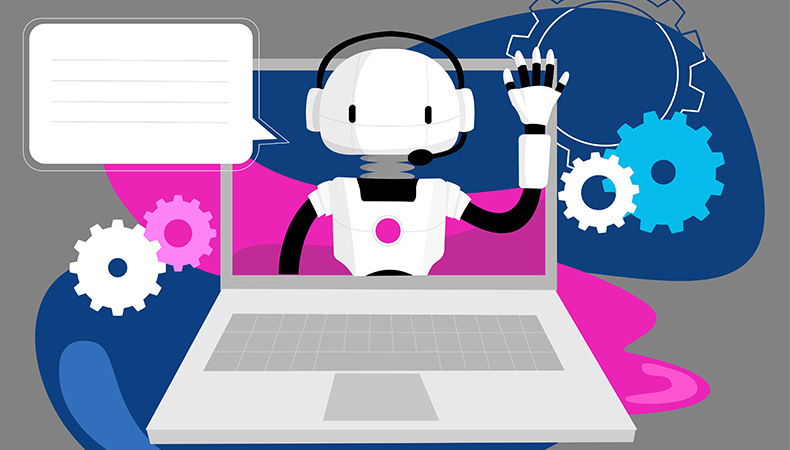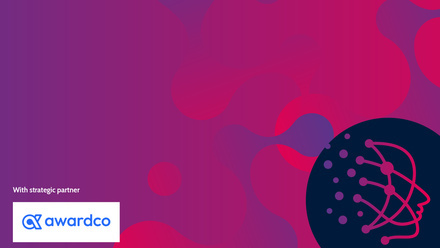Will AI redefine how managers show appreciation?
We’re only just scratching the surface of AI’s potential and already, it’s being used to create greater personalisation and enhanced employee experiences - from specific and tailored learning plans, through to providing employees with individualised wellbeing support.
But what about recognition? How can AI create greater personalisation when appreciating employees – and what does the holy grail of AI-backed recognition look like?
To gain an understanding of where recognition AI is currently at, let’s begins with employee listening which has always gone hand-in-hand with recognition.
Determining employees' preferences
How employees like to be appreciated and recognised is crucial for ensuring any recognition moment is suited to the recipient. So, if employees hate having all the focus and attention on them during a large public gathering, it’s important that any recognition is done privately or in a smaller, more intimate ceremony.
While managers have previously been responsible for finding out and remembering how employees like to be recognised - perhaps during one-to-ones - AI can now take on this responsibility.
Through an onboarding survey or even during real-time conversational analysis, AI can determine employees’ recognition preferences and feed this through to the respective manager. The AI can even remember this, providing prompts and reminders to managers as necessary.
It’s also crucial that recognition messages feel truly personal, and AI can help by guiding employees to make their messages more meaningful and effective.
There are nine key elements in an impactful recognition message, from making it timely and specific, through to ensuring it’s performance-based, purposeful and sincere.
Leaving no employee behind
An AI coach/mentor can provide suggestions on improving the content and tone of any message using these nine elements as a guide, ensuring the final message retains the recognition giver’s original sentiment, while ensuring the recipient feels “seen” and valued as a unique individual.
Plus, AI alerts can ensure that no employees are forgotten, with AI recommending recognition giving moments to managers and colleagues, such as when an employee starts and completes a training programme, achieves a personal milestone, or simply hasn’t been recognised in a while.
Ensuring no employees ‘go under the radar ‘when it comes to appreciation can also be supported with AI tools, such as flight risk dashboards that highlight the number of employees at risk of leaving in relation to the amount of recognition they’ve received.
This allows organisations to recognise people before they feel critically underappreciated while reducing the costs of turnover.
What message is being sent out?
The capabilities of AI in the realm of recognition are expanding rapidly, and as AI becomes more sophisticated, we might even see AI-driven platforms or ‘AI recognition agents’ taking total responsibility for companies’ recognition programmes.
AI could be left to identify when someone should be recognised, delivering the recognition and reward in a tailored way and ensuring everyone is included and celebrated.
However, the question is whether organisations should move towards this fully-automated recognition approach rather than simply can they?
If recognition becomes machine-led, what message does this send to employees? That their achievements are being acknowledged by algorithms and not the people they work with every day?
True personalisation and impact can’t come from a wholly AI-driven recognition programme. When humans are pushed out of the picture, then the emotional connections and meaningfulness so crucial to recognition are lost, and so is the power of recognition to transform employee experiences.
In fact, while 55% of employees believe AI can improve recognition experiences and 60% believe AI can help them to create better recognition messages, an even greater number - 63% - fear that AI will make recognition less personal.
Therefore, when harnessed well, AI ensures recognition is never missed, and always feels personal, meaningful, and memorable. But its role must be clear: to empower people, never replace the irreplaceable power of human connection.
Supplied by REBA Associate Member, O. C. Tanner
The worldwide leader in employee recognition solutions that help people thrive at work.








